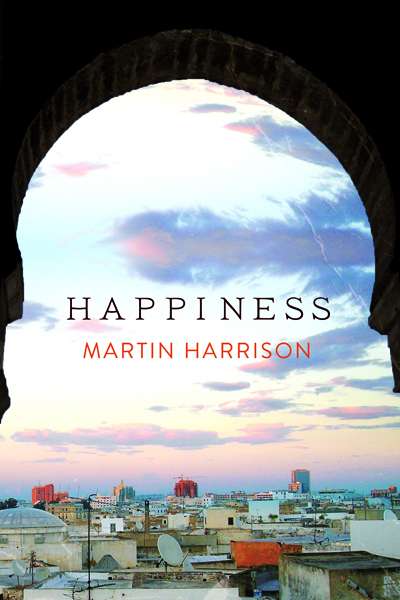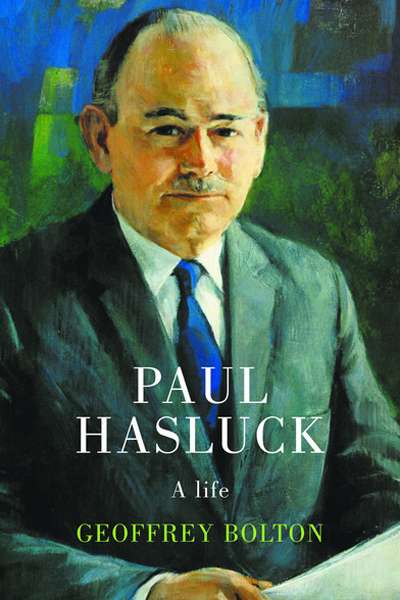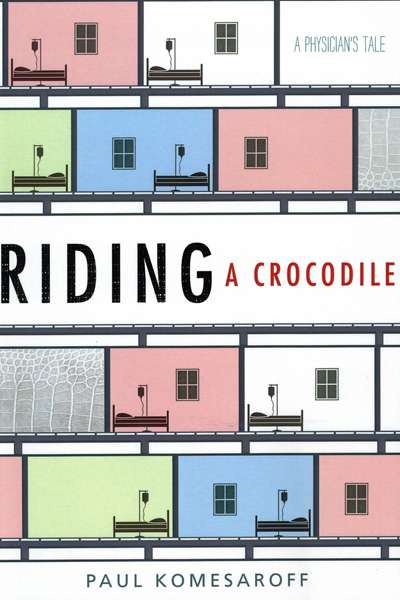UWA Publishing
A relatively unusual occurrence until recently, the publication of a plethora of new Australian Aboriginal-authored and/or Aboriginal-themed children’s books has begun transforming the Australian publishing landscape. A number of these books, like Rhoda Lalara and Alfred Lalara’s charmingly evocative Yirruwa Yirrilikenuma-langwa (When We Go Walkabout: Allen & Unwin, $24.99 hb, 32 pp, 9781743314562), are rendered bilingually, in the latter case in Anindilyakwa, the mother tongue of the majority of Groote Eylandt residents, as well as in English.
... (read more)Riding a Crocodile: A physician’s tale by Paul Komesaroff
by Rachel Robertson •
Tim Winton: Critical Essays edited by Lyn McCredden and Nathanael O’Reilly
by Delys Bird •









